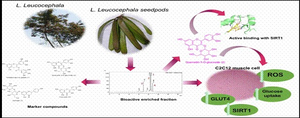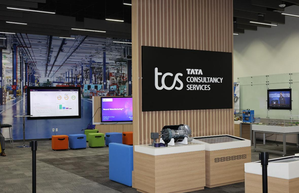Scientists develop new technology to decode degenerative brain disorders

A team of South Korean scientists has developed a new labelling technology that can observe neuronal structure in detail and help decode degenerative brain disorders like Alzheimer’s and Parkinson’s disease, as well as stroke — known to cause malfunction and progressive degeneration of the nerve cells.
The next-generation technology, named ‘NeuM’ (Neuronal Membrane-selective), enables successful monitoring of neuronal changes for up to 72 hours, said the team from the Korea Institute of Science and Technology (KIST).
NeuM works by “selectively labelling neuronal membranes, visualising neuronal structures, and allowing real-time monitoring of neuronal changes”.
The researchers explained that visualising neuronal changes is important both during the disease and in normal conditions.
This is because the structure and function of nerve cells continuously change while transmitting information from sensory organs to the brain.
While selectively labelling living neurons for real-time monitoring is imperative, current gene-based and antibody-based labelling technologies suffer from low accuracy and difficulty in long-term tracking.
NeuM, developed via the molecular design of neuronal cells, is likely to be a solution.
The technology comes with “excellent binding affinity to neuronal membranes, enabling long-term tracking and high-resolution imaging of neurons”, the researchers said.
“NeuM can distinguish ageing and degenerating neurons, becoming a crucial tool in elucidating the mechanisms of degenerative brain disorders and developing treatments,” said Dr. Kim Yun Kyung from the Brain Science Institute at KIST.
“In the future, we plan to refine NeuM for even more precise analysis of neurons by designing fluorescence wavelengths to distinguish colours such as green and red,” he added.





